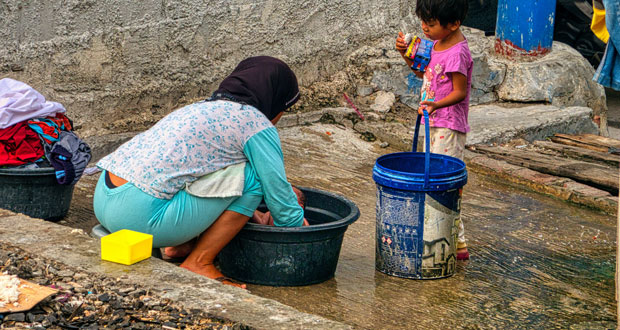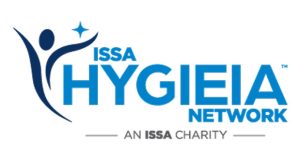Hygiene is vital in fighting off a whole range of diseases, including Covid-19, yet policymakers and others fail to invest, promote, and research it, say hygiene experts at the Reckitt Global Hygiene Institute (RGHI). Instead, vaccines, antibiotics and alternative treatments take centre stage leaving this critical health component to wane.
Hygiene, according to the RGHI, is the conditions and practices that help to maintain health and prevent the spread of diseases.
Diseases such as cholera, typhoid, intestinal worm infections and polio can all be contracted as a result of poor hygiene. As too can flu and the common cold also, of course, Covid-19. While hand washing sounds simple even with clean water, the uptake of regular practices requires behaviour and social change within a community. This isn’t always easy to achieve, especially if there is a lack of resources, knowledge and skills.
According to the World Health Organization, 2 in 5 schools and 1 in 4 health care centres worldwide still lack basic handwashing facilities. Then, there are communities that lack clean water to wash with, who live closely alongside animals, or whose living spaces have dirt floors; all of which constitute challenges to maintaining good hygiene.
Additionally, 500 million women, girls, and people who menstruate don’t have what they need to manage their menstrual cycles — access to Wash facilities, information, and sanitary products.
RGHI, a not-for-profit foundation that launched in 2020, aims to support the filling of those gaps by supporting the generation of high-quality, scientific research that assesses the links between hygiene and health. How can the economic evaluation of handwashing interventions be improved? What are the impacts of unmet menstrual health and hygiene needs on health and education? What is the effectiveness of community-led initiatives on hygiene practices in low-income settings? Is there a way to improve backyard poultry management to reduce exposure to faeces?
These are some of the questions the Institute’s first cohort of five fellows will attempt to answer over the next three years. The aim is to help inform the global health agenda while leading to the adoption of better and more sustainable hygienic practices globally.
Despite the value there can be to societies from investing in improved hygiene practices, there is a lack of funding. The World Bank has estimated that to achieve adequate and equitable sanitation and hygiene for all – which makes up Sustainable Development Goal 6 alongside clean water for all — there would need to be an additional $114 billion invested each year. This is triple the current level investment.





